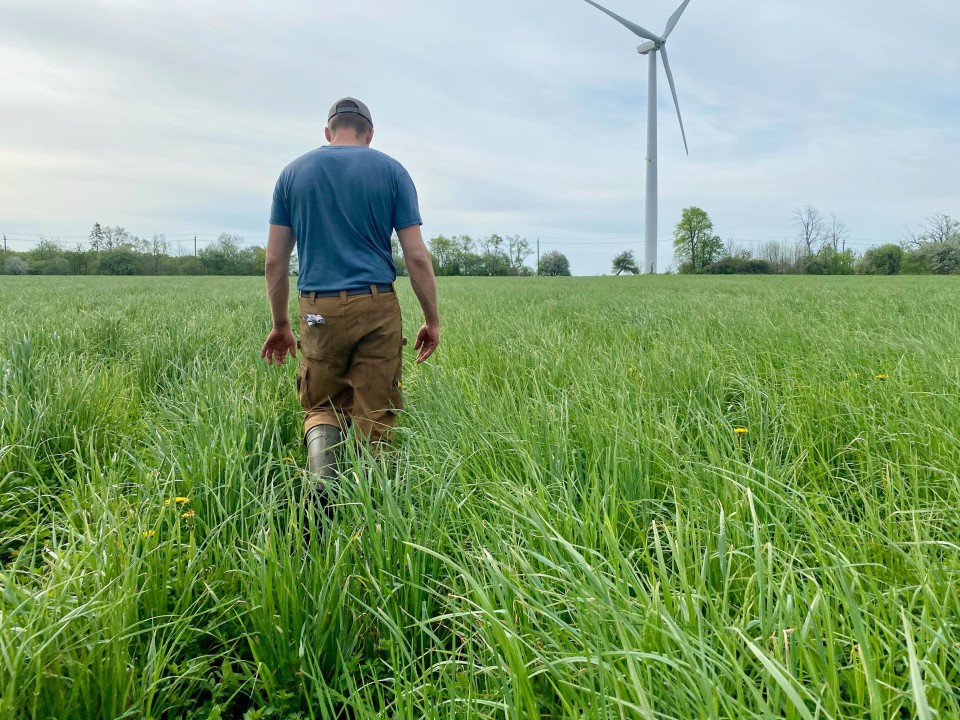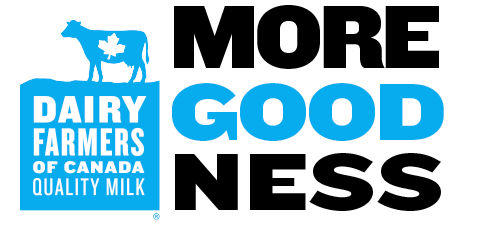In recent years, sustainability has become the mantra of many millions of Canadian homes. People from all walks of life are embracing new ways of reducing waste, decreasing their carbon footprint, improving sustainability and protecting the environment.
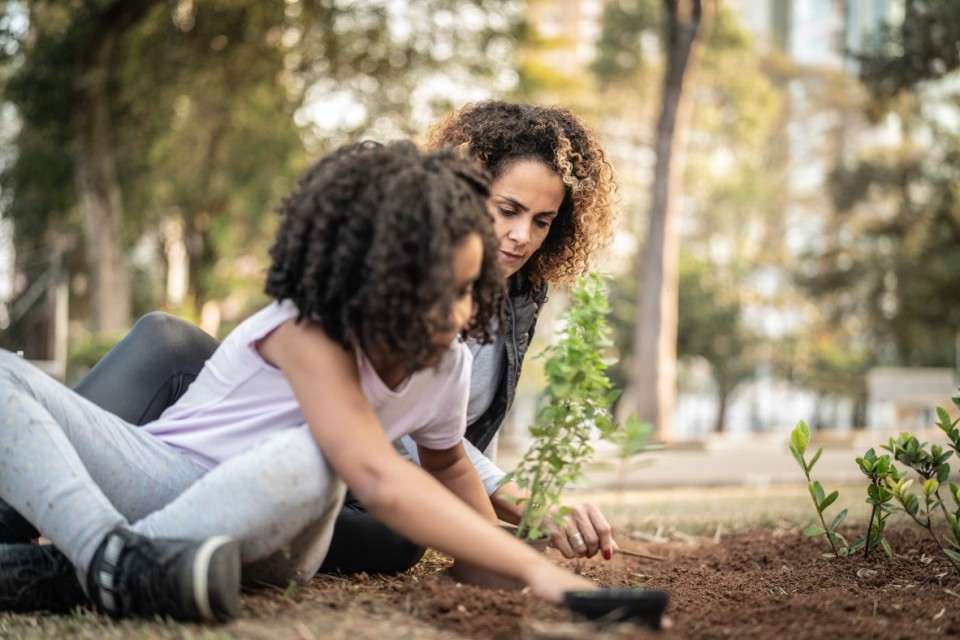
Canadian dairy farmers have always been proud stewards of the land and continue to focus on sustainability and innovative ways that reduce the environmental impact of food production. After all, Canadian dairy farmers know everyone must do their share in working to protect the planet.
The path to net-zero emissions on farms includes actions like increasing energy efficiency, improving soil health, recycling, turning waste into new products, promoting biodiversity and more.
Many things you can do to live more sustainably at home look a lot like actions taken on many dairy farms.
Read more about different ways Canadian dairy farmers are becoming more sustainable year after year.
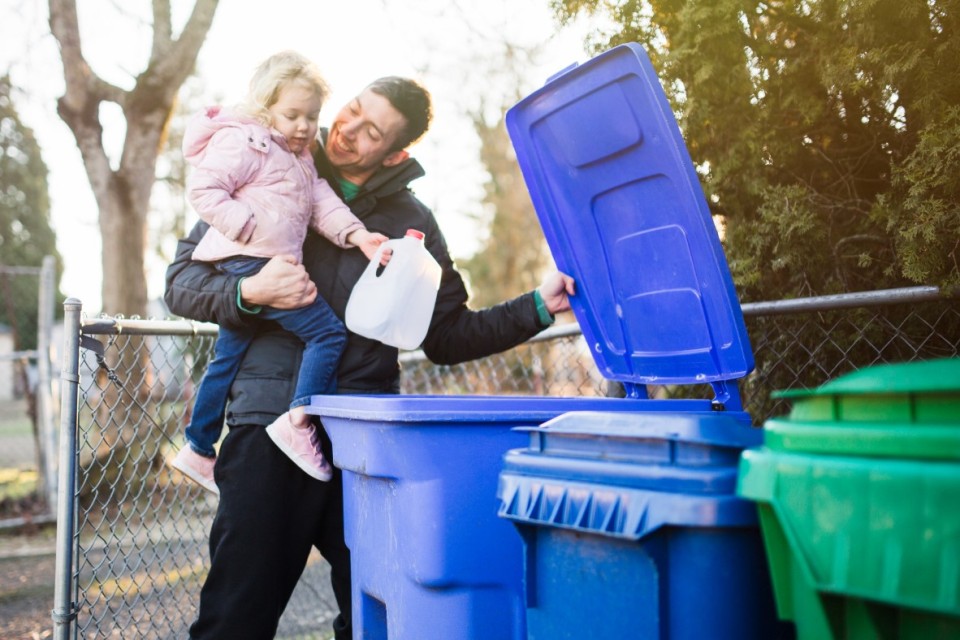
The three Rs at home and on the farm
When you’re looking for simple ways to lessen the amount of waste in your home, you likely start with reducing, recycling and reusing as much as possible. And the 'three Rs' are where Canadian dairy farmers begin, too.
Dairy farmer work closely with their local recycling depots, as well as environmental organizations like Cleanfarms – an innovative Canadian company creating stronger recycling partnerships between farms, manufacturers and recycling depots – to reduce plastics used on their farmers.
When you go grocery shopping, chances are you likely use reusable bags for your purchases because you know it reduces waste. Dairy farmers also utilize compostable bags to minimize waste. But to have an even greater impact, most on-farm plastics are recycled through dedicated farm recycling programs, or in the case of some items like chemical containers, simply reused after cleaning. Think of it like sanitizing and reusing glass jars at home – every little action helps create a larger impact.
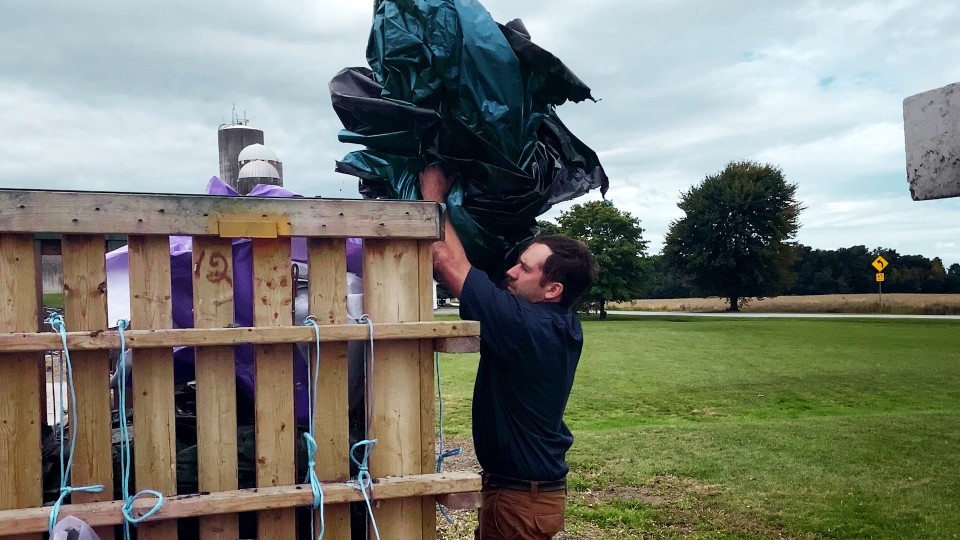
Growing food the natural way
Growing your own fruits or veg is a great way to provide you and your family with some of the nutritious foods your diet requires. And using natural fertilizers (anything from leftover eggshells and grass clippings to cow manure from your local gardening store) is a great way to ensure your harvest is healthy and eco-conscious.
Canadian dairy farmers are lucky because they have an abundance of natural fertilizer on-hand: manure! That's right – not only do dairy cows provide the nutritious and delicious milk you love, but they help keep the crops grow, too! Some farmers also compost the manure on their farm, adding in straw or hay to help the manure decompose and reduce greenhouse gas emissions.
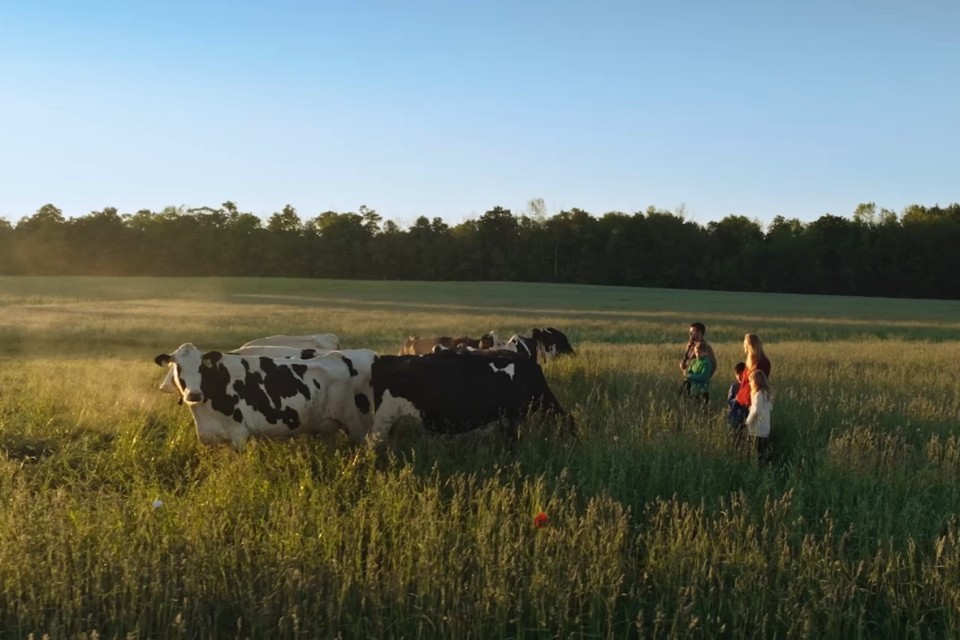
A balanced garden is a healthy garden
In your garden at home, you are likely using a variety of techniques to keep your soil and plants healthy. For example, you might move your tomato plants around from year to year to ensure they don’t get hit with disease or mulch your strawberries to conserve moisture and prevent weeds.
Many dairy farmers are using similar practices on a much larger scale. They rotate their crops and plant cover crops (plants the help keep the soil covered) to improve the health of topsoil – increasing soil fertility and moisture, and decreasing pests and weeds. Crops like alfalfa are particularly useful in a crop rotation because cows love eating it, and alfalfa fixes its own nitrogen (just like green beans and other legumes you might have in your garden), contributing to long-term soil health.
Another practice some dairy farmers use is called rotational grazing, where cows are periodically moved from one pasture to the next to ensure that grass is munched on evenly and given a chance to regrow. This provides an opportunity for increased carbon capture, as the grass sequesters carbon from the air while it regrows. Think of it like picking basil in your home garden, selecting the largest leaves near the bottom to allow the smaller leaves at the top a chance to grow, so that you ensure the long-term health of your plants.
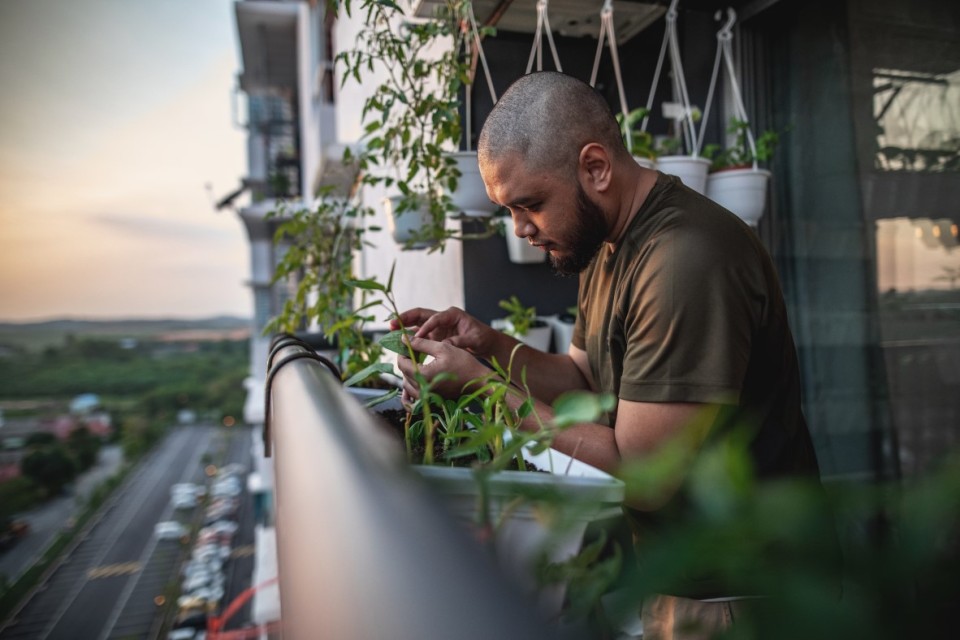
Biodiversity, protecting the land for generations
Having a garden with plenty of variety, as well as perennials that come back each year, is a great way to maintain soil health at home. You can help protect the fertility and health of your soil by following a biodiversity gardening plan that introduces native plants, as well as shrubs and trees, too. It’s about creating an environment where a wide range of organisms can thrive, creating a healthy eco-system for you and your garden.
Dairy farmers are doing their part to promote biodiversity by preserving grasslands, planting trees and shrubs, restoring wetlands, and using perennials.
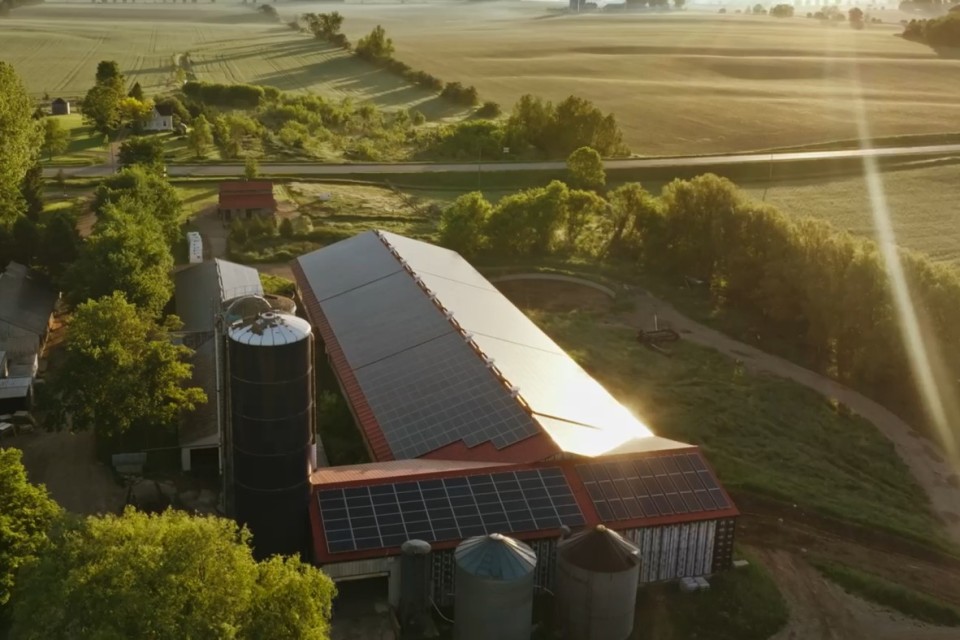
The rewards of renewable energy
Another way Canadian dairy farmers are leading the charge for a sustainable future is implementing renewable energy technology wherever possible – just like many people do at home.
Because most dairy farms have a ready source of manure, they’re well positioned to take advantage of biodigesters that convert it into fuel.
Using biodigesters on a farm is similar to how you may compost food waste in your home – creating your own fertilizer. But did you know that on-farm biodigesters can create energy too? Enough to power entire communities!
To help reduce energy consumption even more and also increase their contribution back to the electrical grid, many Canadian dairy farms may install large solar panels on barns and other buildings. Like solar panels you might install on your home, a farm’s solar panel investment reduces energy costs – and lowers its carbon footprint.
Some farms located in areas where the wind is strong enough have installed turbines to power their operations. While you might not have space for one at home, the many wind turbines on Canadian dairy farms help accelerate our country's overall progress towards net-zero emissions by 2050.
The power to create a sustainable future for our planet resides in all of us. As Canadian dairy farmers develop new ways of reducing their carbon footprint, you can take inspiration from their eco-friendly innovations and apply new methods for reducing waste, improving sustainability and preserving the environment at home, too.
